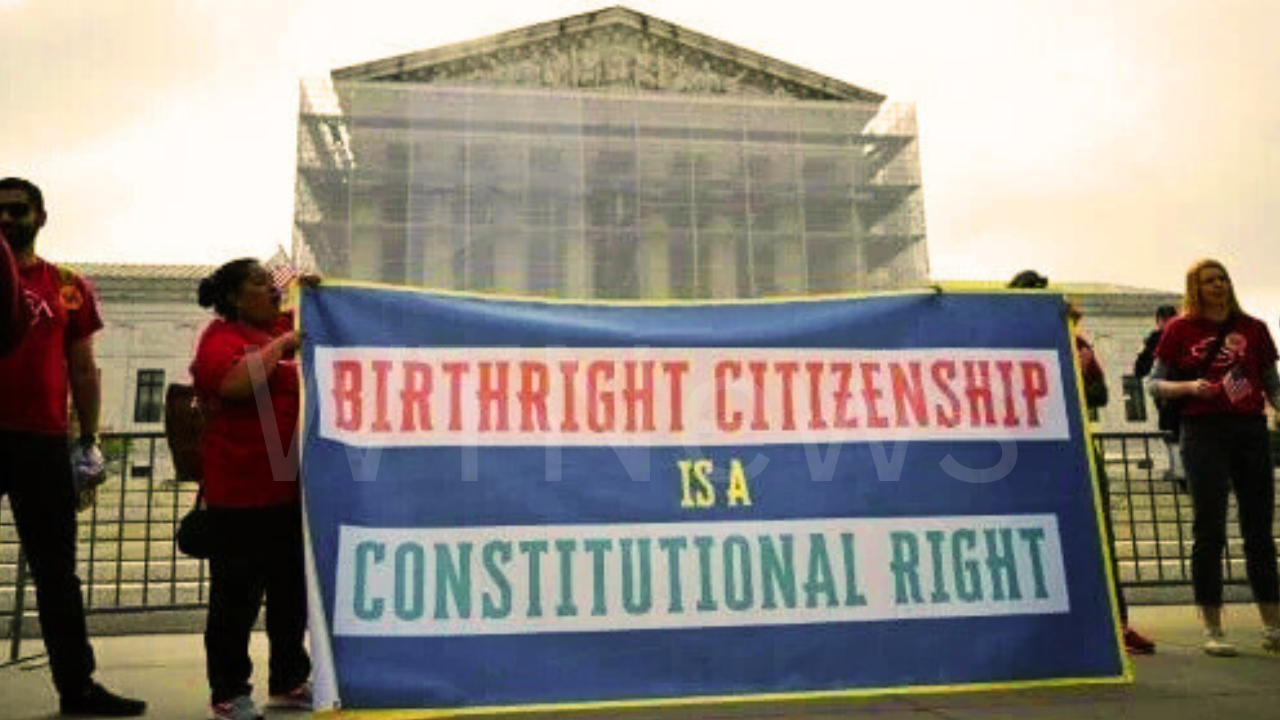The U.S. Supreme Court on Thursday appeared open to ending a nationwide block that currently prevents former President Donald Trump’s birthright citizenship policy from taking effect. The justices spent over two hours debating the legal and practical implications of lifting the order while weighing how to protect individuals potentially affected by the policy.
Several conservative justices expressed concerns over lower courts issuing sweeping nationwide injunctions. However, they also seemed to explore alternative legal paths that could delay the policy’s impact—such as the possibility of challengers filing a class-action lawsuit. This route, suggested by Justice Brett Kavanaugh and others, could limit the policy while allowing for a more detailed legal review.
Chief Justice John Roberts noted the Court’s ability to evaluate the executive action quickly, but voiced unease with the broad power exercised by lower courts. Critics of the policy argue it conflicts with the 14th Amendment, which grants U.S. citizenship to individuals born in the country regardless of their parents’ immigration status.
If the Supreme Court removes the current block without a substitute safeguard, the administration could begin implementing a policy that would mark a major shift in the interpretation of constitutional birthright citizenship.
Keywords:
-
Supreme Court birthright citizenship
-
14th Amendment citizenship debate
-
Nationwide injunction controversy
-
Trump immigration policy Supreme Court
-
Class-action lawsuit citizenship rights
-
Conservative justices judicial authority
-
Citizenship documents denial

uevphhhmqskvghwgfkotvyppugxrvz